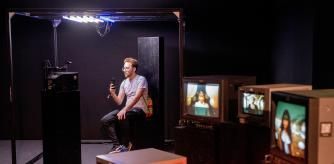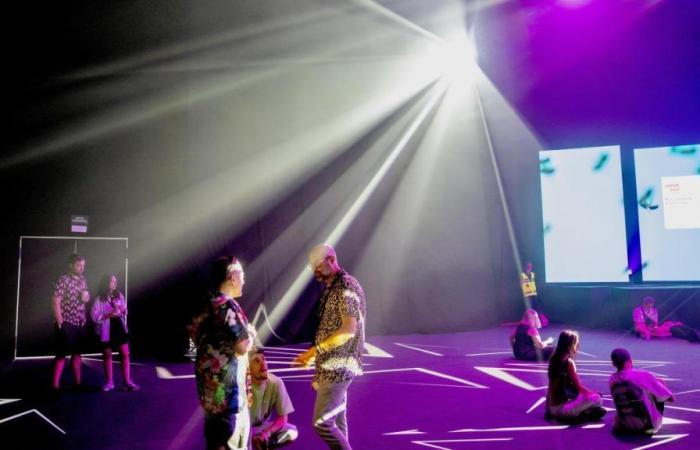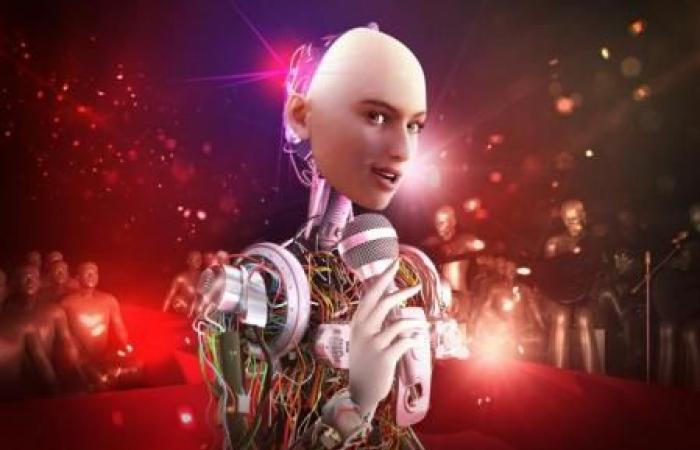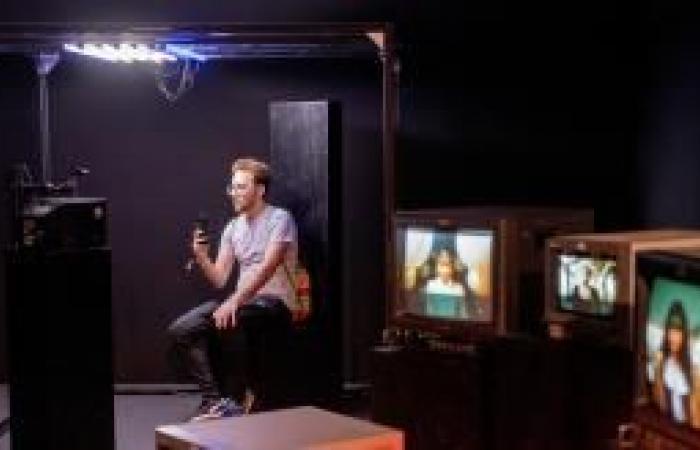Major record companies (including Sony, Universal and Warner) have filed a lawsuit against two artificial intelligence companies, accusing them of using copyrighted music to train the software that generates their content. The labels argue that the musical creations generated by the companies Udio and Suno are only possible through the exploitation of the works of their artists, from All I want for Christmas is you from Mariah Carey, to the classic Johnny B. Goode by Chuck Berry.
Record companies ask the courts for compensation of up to USD 150,000 per work
“Building and operating a service like Udio requires, from the beginning, copying and ingesting massive amounts of data to train the software model that generates results,” details one of the lawsuits filed. “In the specific case of Udio, this process involved copying decades of the world’s most popular sound recordings.” Record companies ask the courts for legal compensation of up to $150,000 per protected work.
One of the most compelling evidence is two of the scores generated by the AI platforms: When marimba rhythms start to play and Sway with me . You don’t have to be a musical expert to notice that the creations are copies of the version of Sway played by Canadian Michael Bublé.
Josep Lluís Micó
The statements of directors of the defendant companies have favored the record labels in court. Antonio Rodríguez, Suno investor, acknowledged in an interview that the company does not have the licenses for the music with which it trains its software. But the startups They maintain that, even so, their methods do not break the law. “Just as students listen to music and study sheet music, our model has listened to and learned from a large collection of recorded music,” argues the Udio company in a statement.
A singer created with artificial intelligence
Own
Legal battles over copyright infringement are nothing new in the music industry. “Where there is a success, there is a demand,” executives often say in reference to emblematic cases such as that of Ed Sheeran, accused of plagiarizing Marvin Gaye in the song Thinking Out Loud or George Harrison’s historic “unconscious plagiarism” of The Chiffons with My Sweet Lord . However, the lawsuits filed in the United States could set a precedent in the cultural industry, according to the lawyer specializing in music law, Enric Enrich, since “they bring together an extremely large group,” such as the Music Industry Association. Recording of America (RIAA).
In addition to using works without the consent of their creators, “AI-generated music poses a double problem,” explains Enrich. “Copyright only protects human creations, so anyone can appropriate it, without the creator having the right to prevent it.”
Just Barranco

AI could benefit from the wider scope offered by the fair use in North America where, unlike Europe, limited use of protected material is permitted without the need to obtain permission from the owner. But according to Jaume Colomer, co-founder of the IMB School Barcelona (International Music Business School), the appropriation of AI goes beyond what is considered “fair use.”
Human music creation is based on influences from pre-existing protected music, but authors often do not know exactly how or to what extent these songs influence their final work. “AI could know the origin of its result with complete accuracy,” says Colomer, “so there could be the option of creating music with AI as long as the fees are paid.” royalties corresponding to the authors.”
“There could be the option to create music with AI as long as the corresponding royalties are paid to the authors.”
Jaume ColomerIMB School Barcelona
The power of artificial intelligence has disrupted numerous industries. “I think we are fortunate in the music sector to have the power to defend the industry for the benefit of all, in other sectors creatives feel more unprotected.”
He New York Times sued the creator of Chat GPT for using millions of newspaper articles to train the platform, while George RR Martin, creator of Game of Thrones also accused the use of his books for the same purpose.








